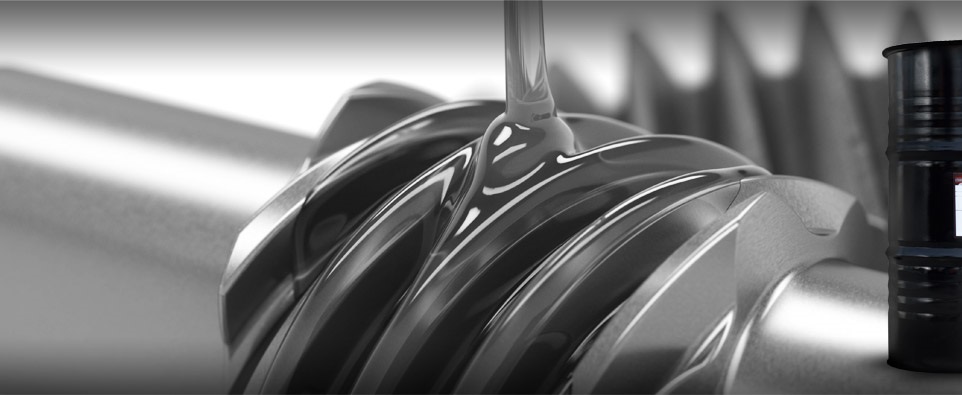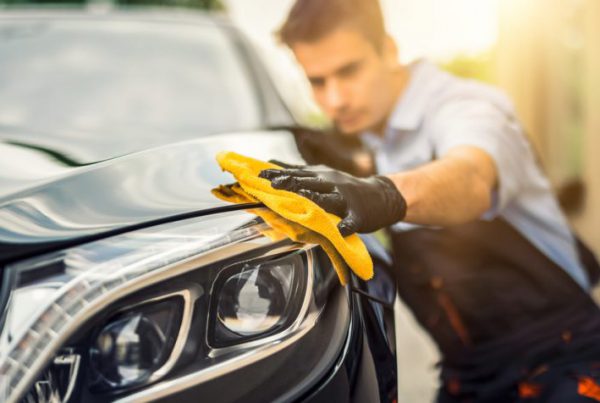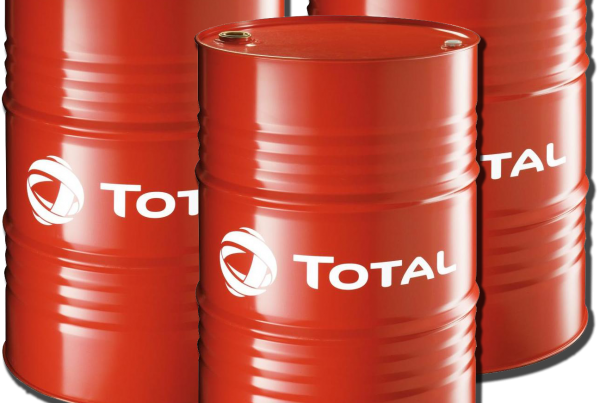THE WORD ON GREASE
Article sourced from Oil Intel, written April 28, 2016
The majority of companies marketing grease don’t actually manufacture it themselves. For the last 50 years, Total has manufactured its own grease in company-owned grease plants that are rated amongst the top performers in modernisation and sophistication in the world. Total also has the backing of a very strong research and development team, and the resources and technical expertise to place them at the forefront of grease technology.

So why does this matter?
Because grease plays a critical role in many areas of lubrication. Different greases react differently to their environment and the selection of the appropriate grease is critical in ensuring lubrication performance and equipment protection.
In this article we explain why grease lubrication is so important and describe the different grease types and their applications.
Both grease and oil serve the same purpose, that of minimising friction between two moving surfaces. Grease is used extensively in areas where oils are unsuitable or the lubrication function requires a solid lubricant. Most grease is used in roller bearings with lesser quantities used in plain bearings, gearboxes and on open gears.
Lubricating greases are used in a wide range of applications and selecting the right grease is often a great challenge.
Whether it’s to work at high speed, under high load, in the presence of solid pollution, in a corrosive environment or in the presence of water, the requirements facing a grease can be quite considerable.
A typical grease consists of three main components: thickener, base oil and performance enhancing additives.
Greases are usually classified by the type of thickener used, as the thickener is considered to have the biggest influence on grease properties. Most greases use a metallic soap as a thickener, i.e. lithium, calcium , aluminium. The structure of this soap is similar to that of a sponge. This enables the grease to absorb oil, releasing it under pressure to provide lubrication before reabsorbing the oil when the pressure subsides. Non-soap grease thickeners are also available, such as polyurea and bentonite, and are used in specialised applications where metallic soap greases are not applicable.
Although the thickener is acknowledged as the major influence on grease properties, it is still the base oil that performs the critical process of lubrication and represents about 90% of the total weight of the grease.
The base oil should be treated in the exact manner as standard lubrication oil in regards lubrication requirements. The viscosity of the oil must meet the lubrication requirements of the application. Too lighter viscosity will incur wear and heat; too higher viscosity will result in extra drag and heat retention.
Like standard oils, base oils for greases can be a standard mineral oil or a synthetic. The base oil viscosity is always listed on data sheets and needs to be considered as highly as soap type in grease selection. Some greases will display the base oil viscosity in the name instead of an NLGI grade as illustrated by Ceran XM 220, indicating a 220 cSt @ 400C base oil viscosity.
The properties of a grease can be enhanced by adding additives. Grease additives can be classed as oil soluble like those found in lubricating oils; or solid lubricants such as molybdenum disulphide, which are used to improve load carrying characteristics. Because grease is a mixture of thickener and base oil, the chemical complexity of the mix calls for compatibility in additive selection.
As additive selection in greases are critical due to chemical composition, the same criteria applies to mixing greases with different thickener types.
Metal soaps and non-metal thickeners can in some circumstances react chemically with a different thickener type to break down the grease structure of both. Please note that each grease is a single entity designed to lubricate under a range of conditions and is constructed differently to ensure that this can be obtained. If you are unsure on the compatibility of different grease types then consult a compatibility chart or contact our Technical Department for help.
As the ISO VG classification is to industrial oils, The NLGI (National Lubricating Grease Institute) classification is to greases. The NLGI grades for our locally marketed greases are 000, 00, 0, 1, 2, 3; with an NLGI 000 grease being classed as a fluid grease and a NLGI 3 grease being classed as a firm grease. The higher the NLGI grade the higher the consistency or thickness of the grease.

The Revolutionary Lube Shuttle
Lithium Complex Greases are particularly known for their excellent performance in bearings at elevated temperatures. These greases can be used up to 1600C over a consistent period and handle well at low temperatures. Work stability and oil separation are good to excellent. The addition of additives enhances the extreme pressure, anti-wear and rust preventative characteristics. Slightly less suitable in relation to water contamination than other metal soap greases.
Calcium Sulphonate Complex Greases, particularly the super complex soap greases like Ceran XM220, are the new ‘super greases’ to hit the market. The properties of basic calcium sulphonates have been known for a long time. Until recently it has been difficult to manufacture satisfactory greases based on this chemistry , due to poor pumpability and low temperature performance.
Only a few manufacturers worldwide, including Total, have mastered the technology of a new super complexing process which allows the manufacture of a grease with exceptional properties. This new technology included in the Ceran XM 220 produces a grease with outstanding load-carrying and anti-wear properties, outstanding water resistance, excellent thermal stability, good low temperature performance, very good oxidation resistance and corrosion protection. The Ceran XM 220 is the closest to an ‘ALL” purpose grease you will find on the market today.
Aluminium Complex Greases are highlighted by their excellent shear stability and adhesion to metal. Their water spray resistance is excellent which makes them ideal for use in food processing plants where regular equipment wash downs are standard. Low temperature performance and pumpability are good. Aluminium complex greases are not compatible with many greases so caution is advised .
Lithium/ Calcium Greases combine the individual properties of lithium and calcium greases. The advantages of these types of greases is that their EP properties, water resistance and rust protection. These greases can be used at constant operating temperatures up to 1350C without compromising their excellent properties.
Lithium Greases are smooth textured and stable to heating. For long-time use, the upper temperature limit is around 1200C, whilst at low temperature these greases are easily handled. Oxidation resistance is acceptable and easily improved with additives. Water resistance is good and corrosion resistance is achieved by additives.
Polyurea Greases are used at high temperatures (up to 1800C) and high speed. They are comparable to some of the complexes in this capacity but with enhance temperature behaviour and a long life time. Although used with all kinds of bearings, they are particularly effective at lubricating ball bearings, such as are found in electric motors. Their structure and organic composition gives them ‘low noise’ properties demanded for the lubrication of certain bearings. Oxidation resistance is outstanding, low temperature properties and water resistance are satisfactory, but rust protection does require special additives. Polyurea greases have an excellent life time expectancy, making them very suitable for filled for life applications. They are not compatible with any other grease type.
Calcium Complex Greases are found in many variations linked to thickener content. Many calcium complex greases have inherent EP properties which are enhanced with additives. The greases can operate at higher temperatures than conventional soap greases, and will lubricate bearings quite satisfactory up to 1500C. They have good water resistance.
Greasymat Auto Lube System is a refillable single point automatic lubricator with a 10 bar ejection pressure. Remote installation of up to 2 metres from the lubrication point and the unit can be set up for a lubrication programme of 1,3,6, or 12 months with colour coded memos. Available for use with Ceran XM 220 refill cartridges.
The Lube Shuttle is a totally redesigned system for loading grease cartridges. The Lube Shuttle system is very simple, but greatly improves the efficiency of greasing operations. Loading could not be simpler or quicker, just screw off the cap, insert into the gun and twist to lock. No need to screw anything off the gun, pull open tabs, or mess around with plungers. The open bottom cavity of the Lube Shuttle also enables the user to see what quantity of grease is left in the tube, facilitating more efficient work practices. Lube Shuttle cartridges are available in Ceran XM 220, Nevastane XS 80, Nevastane XMF 2, and all Cargo Greases.
The Lube Shuttle has taken the market by storm and with the availability of the Ceran XM 220 in lube shuttle cartridges, we have available new technology in equipment design coupled with new technology in grease formulation to take grease to a new level in application and performance.
Article Source: http://oilintel.co.nz/oil-imports-news/the-word-on-grease/








